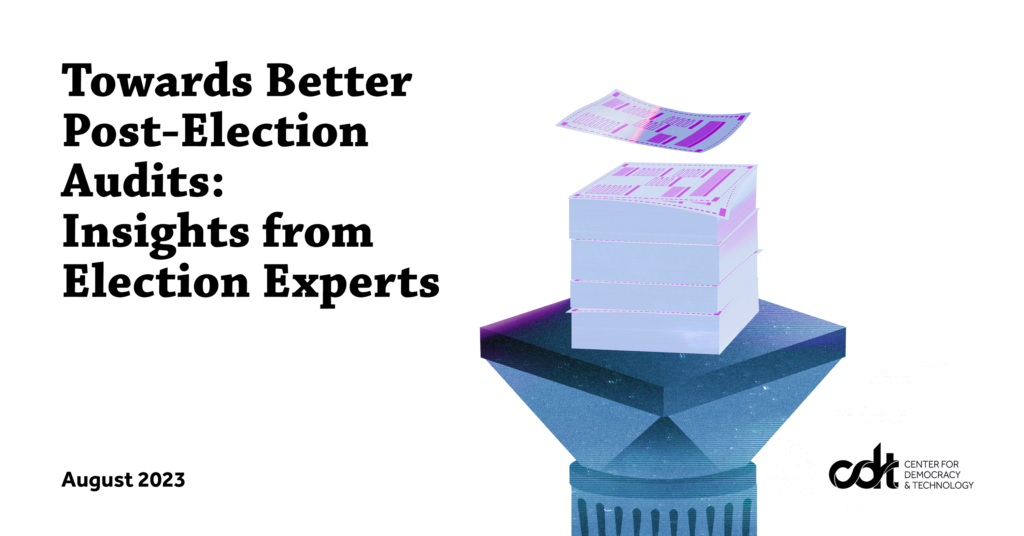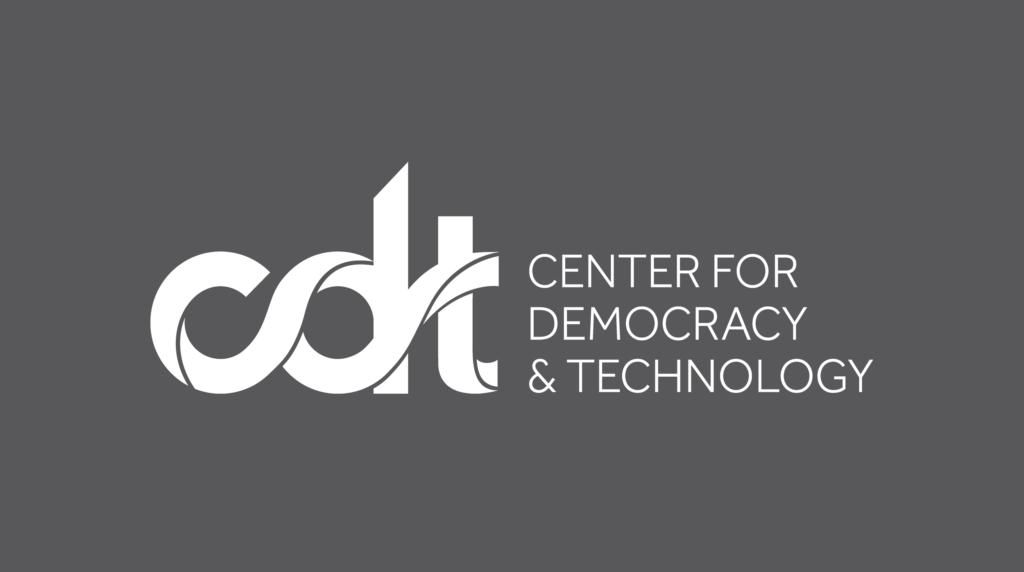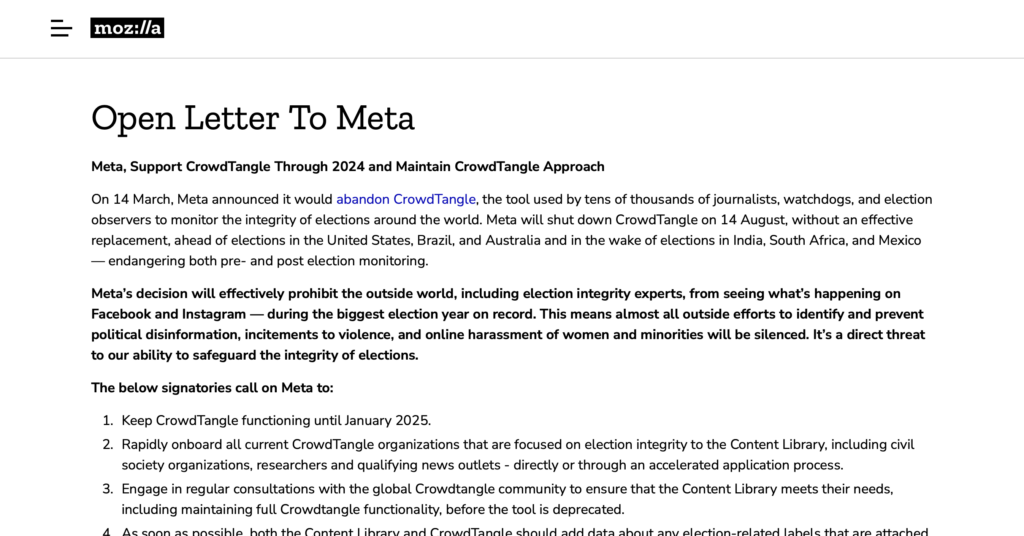Report – Towards Better Post-Election Audits: Insights from Election Experts

Introduction
The 2024 election cycle is in its early stages. And although election officials have not even begun to print ballots for the primaries, it is already time to think about what happens after general election votes are cast and counted: post-election auditing.
Post-election auditing is the strongest way to generate public evidence that an election was conducted properly and that the outcome was correct. Post-election audits assess various qualities of the election, such as whether cast ballots were counted properly and whether election processes have been properly followed.
In 2020, baseless claims of election fraud and malfeasance drew sustained national attention to election procedures and post-election audits across the country. Moreover, a number of “sham reviews” proliferated, which seemed specifically intended to damage confidence in the outcome.
As we begin the 2024 cycle, we must prepare for the possibility of a repeat scenario in which losing candidates cast doubt on election procedures. Election officials, state legislators, standards-making bodies, and civil society must ensure that post-election audits are widespread and conducted with care, transparency, and integrity. Good communication about election procedures and audits is also key for ensuring that elections are trusted by the public.
In October 2022, the Center for Democracy & Technology (CDT) published a report, De-Weaponizing and Standardizing the Post-Election Audit, containing suggestions on how to improve post-election audits. On February 15, 2023, we invited 18 outside experts to participate in a workshop building on the report, discussing the most pressing issues in the post-election audit landscape, and identifying solutions.
The body of the resulting report, Towards Better Post-Election Audits: Insights from Election Experts, provides an in-depth summary of the discussion at the workshop, including direct quotes from participants. We hope that the insights gained from this workshop, and the ideas generated, will help policymakers and civil society chart a path forward for a future in which post-election audits are widespread, well-executed, and trusted.
Summary
At a workshop hosted by the Center for Democracy & Technology (CDT), elections experts identified and discussed these challenges in the post-election audit landscape:
- The lack of national audit standards means that legislatures have few guideposts when drafting audit-related legislation.
- The lack of national standards for elections, in general, makes it difficult for courts to determine the quality and accuracy of a contested election.
- The lack of national audit standards makes it hard to distinguish between good and bad post-election audits.
- Organizational principles lack consistency across counties, making it difficult to conduct good tabulation audits across states.
- Election officials need more money in order to conduct better and more frequent election auditing.
- Conversations about election verification and auditing have not sufficiently included vendors, political parties, or disabled voters.
- Authors of existing post-election audit standards and best practices may be seen as partisan, limiting their reach.
- There are challenges in messaging, particularly to conservatives, about election administration and post-election auditing.
Participants were generally enthusiastic about the following possible ways to make post-election audits more consistent, thorough, and trustworthy. (Though not all participants supported each recommendation, and no formal attempts to measure consensus were made.)
- A federal body such as the U.S. Election Assistance Commission (EAC) should adopt voluntary standards for post-election auditing.
- The EAC or civil society should draft standards for election administration in general, in recognition that the quality of an audit is often dependent on basic practices.
- State auditors general could be given an increased role in elections—as long as there are strong safeguards against partisanship.
- Policymakers should explore expanding multi-disciplinary, bipartisan audit committees that oversee post-election auditing.
- Policymakers should draw from norms of international election observation.
- Policymakers should explore options for expanding the pool of elections experts (who are not election officials) available to help election officials with audits.
- Voting System Test Laboratories could be given an expanded role in post-election auditing.


